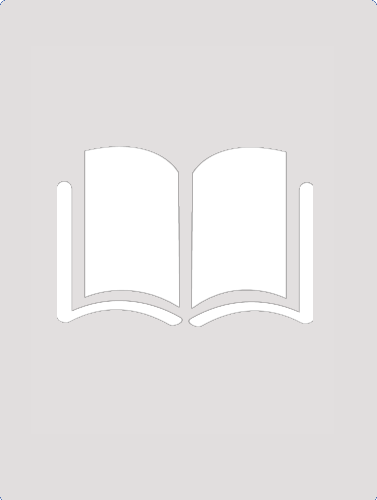Bringing Justice: the Special Court for Sierra Leone
By:
Sign Up Now!
Already a Member? Log In
You must be logged into Bookshare to access this title.
Learn about membership options,
or view our freely available titles.
- Synopsis
- The devastating eleven year civil war in Sierra Leone, which lasted from 1991 until 2002, was characterized by unspeakable brutality and serious crimes. Forces failed to distinguish between civilians and combatants. Families were gunned down in the street, children and adults had their limbs hacked off with machetes, and girls and women were taken to rebel bases and subjected to sexual violence. The civil war was notable for the systematic use of mutilation, abduction, sexual violence, and murder of civilians. Tens of thousands of civilians were killed and up to one-quarter of the population was displaced. The majority of crimes were perpetrated by rebels from the Revolutionary United Front (RUF) and the Armed Forces Revolutionary Council (AFRC). However, government forces and their allies, including the Civil Defense Forces (CDF), also committed serious crimes, albeit on a smaller scale and of a different nature than those by the rebel alliance. Following the end of the conflict, the Sierra Leone justice system lacked the capacity to hold perpetrators of the crimes accountable. Corruption and political manipulation plagued the judiciary. Hundreds of criminal suspects suffered from extended and unlawful detention, many without the due process guarantees stipulated in the constitution. The numbers of judges, magistrates, and prosecutors were inadequate and numerous courtrooms and police stations were destroyed during the war. Prompted by a request from Sierra Leone President Tejan Kabbah to the United Nations, a national-international court, the Special Court for Sierra Leone (Special Court or SCSL), was established in 2002 by agreement between the Sierra Leone government and the United Nations to prosecute serious crimes committed during the war. The Special Court's mandate is limited to prosecuting those who "bear the greatest responsibility" as opposed to those "who bear responsibility." The Special Court's authority is also restricted to prosecuting crimes committed during less than half of the conflict. Whereas the Special Court has so far indicted thirteen individuals and is not expected to issue more than a few additional indictments at most, the ICTR has indicted over seventy individuals, while the list of indictees at the ICTY tops one hundred.
- Copyright:
- 2004
Book Details
- Book Quality:
- Excellent
- Book Size:
- 4 Pages
- Publisher:
- N/A
- Date of Addition:
- 03/09/05
- Copyrighted By:
- Human Rights Watch
- Adult content:
- No
- Language:
- English
- Has Image Descriptions:
- No
- Categories:
- History, Nonfiction
- Submitted By:
- hrw_volunteers hrw_volunteers
- Proofread By:
- hrw_volunteers hrw_volunteers
- Usage Restrictions:
- This is a copyrighted book.
